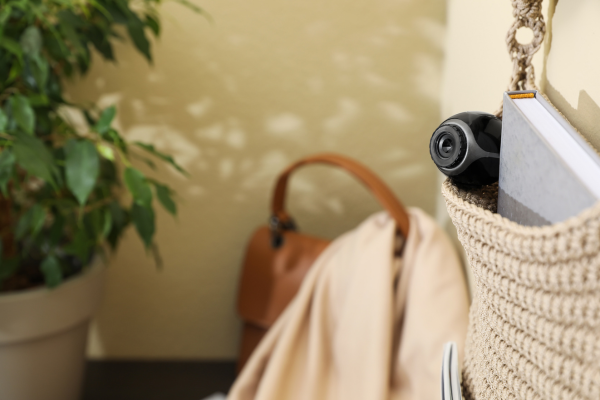Covert Recordings
Family

In a world where everyone is always on their phones, recording incidents can seem like a good idea, but is it?
Often in family proceedings, parties can feel like they have no choice but to provide the court with hard evidence. Clients often ask us whether recordings can be used as evidence in family court proceedings, and although covert recordings are not illegal; the use of them in family proceedings are generally discouraged. The court will often view them negatively due how they are obtained. If a child is present in the recording, then the court is highly unlikely to accept this as evidence due to:
- The effect it may have on the relationship with the child.
- Whether the child needs to be told about the recording.
- The child needing legal representation.
- Requirement for the child to give evidence.
An example of this happened in a 2016 court case, where a father sewed a device into his child’s clothing to find out what was being discussed between the child and their social worker. The Judge was critical of the father’s actions, saying “it is almost always likely to be wrong for a recording device to be placed on a child for the purpose of gathering evidence in family proceedings, whether or not the child is aware of its presence.”
However, this does not mean that the court will not accept covert recordings. In a recent matter of ours, the Judge decided that the recordings were relevant and proportionate to the case. The reasoning given was because it did not have any effect on the children’s welfare, nor did it lead to the children needing representation or giving evidence.
In conclusion, parties should think carefully before applying to the court for the use of such recordings, as it can often backfire, however in exceptional circumstances it can benefit the court. If you require support in family proceedings, contact our family team.



